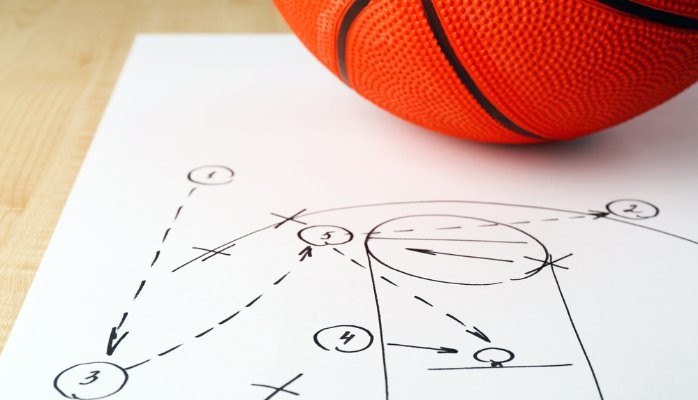
What Sports Teach About Winning Reputations
This past weekend, I had the opportunity to provide media coaching for a special group of athletes who are chasing their dreams to participate in the Olympic Games in Rio. I then celebrated Father’s Day by watching – along with my two sons who are huge sports fans like me -- the entire final round of the U.S. Open, followed by Game 7 of the NBA Finals (We also watched my beloved Florida Gators suffer a disappointing 2-1 loss in the College World Series, which I won’t discuss further).
Saturday’s media training and Sunday’s dramatic sports finishes inspired me to share a handful of tips on how athletes – or any spokesperson, for that matter – can best achieve media and social media success.
- Have a game plan. Just as an athlete develops a game plan before s/he competes, so should s/he have a game plan for any media interview. Know your goal, remember your audience and focus on the single most important message you want to get across.
- Control the tempo, and play to win. By telling stories and honing a few proven techniques like flagging and bridging, you can control both the pace and direction of the interview. Avoid being aggressive, but play to win versus trying not to lose.
- Be humble. A little humility goes a long way. Professional athletes are “living the dream” in the eyes of the public, and people notice when athletes take time to sincerely thank hosts, teammates, sponsors, volunteers or their family. For example, J.R. Smith provided the most memorable moment of Sunday’s post-game press conference with his emotionally raw and touching tribute to his parents.
- Be gracious, in victory and defeat. No one expects you to be happy about losing. But displays of good sportsmanship provide heartwarming moments that media and fans love to see. Cases in point: the post-game hug between Draymond Green and LeBron James, the outpouring of player support and congratulations on Twitter for U.S. Open champion Dustin Johnson, and the widespread admiration for how DJ handled the USGA rules incident, from the 5th green to the 12th tee to the clubhouse.
- If you retweet it, you own it. A retweet might not be your words, but they’ll be attributed to you nonetheless. And Ayesha Curry’s tweets about a “rigged” NBA Finals serve as a useful reminder that you’ll also have to answer for social media posts from your inner circle, which can become a distraction, impact your reputation and add insult to the pain of losing a championship.
Sports are a captivating form of entertainment, civic pride (just ask Cleveland) and social progress (e.g., Jackie Robinson broke Major League Baseball’s color barrier 17 years before the Civil Rights Act was passed). Athletes who engage with media and fans in an authentic way, demonstrate genuine interest in their communities, and who motivate and inspire others will enjoy a winning reputation, regardless of what happens on the court or on the course.
Media Training | Comunicação Empresarial | Fonoaudióloga | Treinamentos & Palestras
7yGreat article! Help us to help other "standard" people by showing them how much do athletes have to be alert besides of their sports training! If athletes do that, why not so many other leaders? Congratulations, Larry!
(818) 383-5759 - Managing Counsel at LA Real Estate Law Group
7yLarry at AAA draft meeting - " You're not drafting players- you're drafting families." Sage wisdom. NB
Alumni Experience @ Conestoga | Change Management, Facilitation & Training in Higher Education | Certified Coach | Intentionally Out of Office Podcast 🎙️
7yGreat "points" following an action-packed weekend! Thanks for putting them together and sharing.